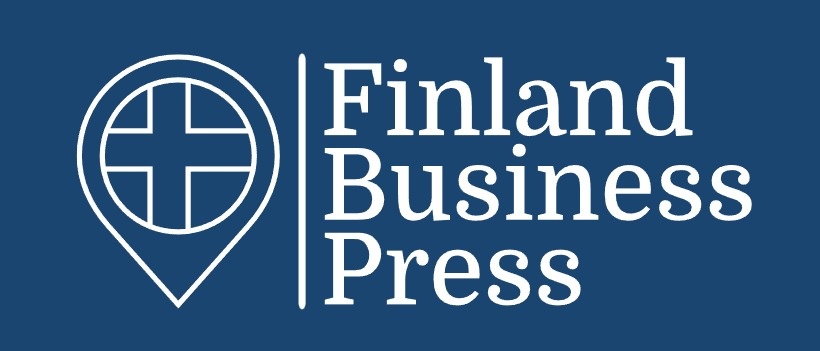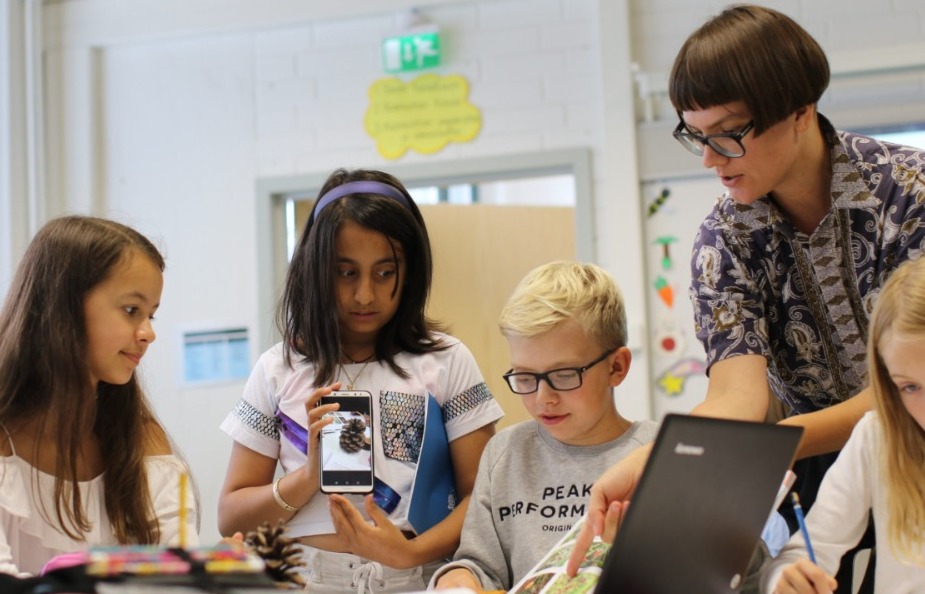Finland boasts a rich history of championing media literacy as a vital tool for fostering a robust democracy and a thriving society.
Our perception of the world is shaped through diverse media channels, ranging from for-profit news websites to state-funded TV channels and even internet memes. For decades, Finland has emphasized the importance of comprehending how the media landscape operates for the betterment of society.
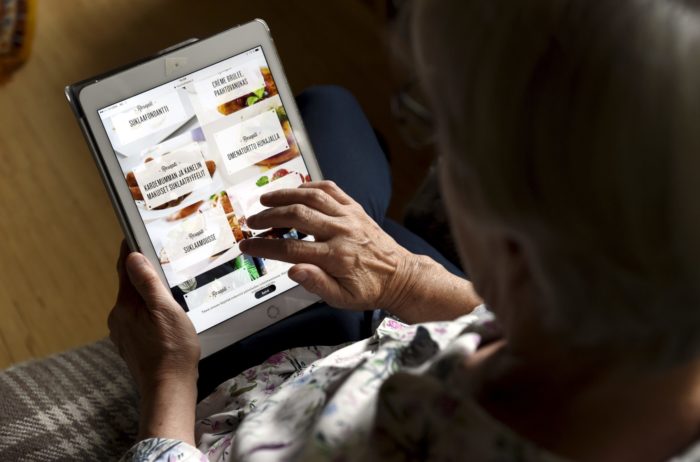
Imagine someone saying, “Cartoon memes influence my voting decisions.” While it might sound whimsical, there could be an element of truth. While memes aren’t reliable information sources, they can impact people’s beliefs and behavior.
“I would define media literacy as the set of skills you need to analyze, communicate with, collaborate in, and create media,” explains Leo Pekkala, Deputy Director of the Finnish National Audiovisual Institute.
In Finland, media education is seamlessly integrated into the curriculum from daycare onward, extending beyond formal education. Media Literacy Week, observed annually in February, specifically targeted adults in 2022, emphasizing the importance of lifelong learning as media continually evolves.
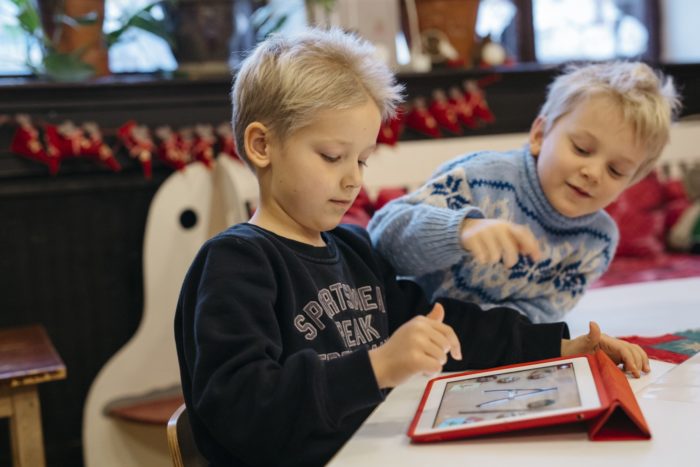
“Policies and frameworks are essential for effective media education,” says Christa Prusskij, Executive Director of the Finnish Society on Media Education.
Media literacy isn’t confined to schools; it’s a societal endeavor. Various civic organizations, including schools, libraries, government departments, universities, and NGOs, collaborate on learning programs. The multifaceted approach recognizes the diverse impact media has on people.
Media-literate individuals are adept at discerning facts, considering issues from multiple perspectives, and making informed decisions. They are also more resilient against false information, crucial in safeguarding elections and countering influence operations.
Finnish schools integrate media literacy into civics education, exploring propaganda campaigns, advertising, and the manipulation of statistics. Students create their own media, fostering critical thinking skills. Finland’s commitment to media literacy is evident in its top-ranking on the 2021 Media Literacy Index.
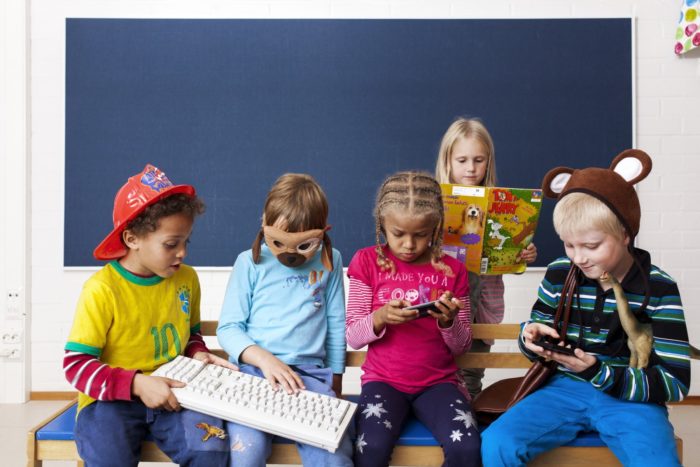
“Media literacy is like learning a language, providing both the technical skill to use media and the ability to understand it,” emphasizes Pekkala.
Media literacy not only fortifies democratic societies but also enhances individual well-being. By combating online bullying and trolling, media literacy contributes to mental health and encourages active participation.
“Trolling and online bullying can negatively impact our mental health and willingness to participate online,” notes Prusskij. “A person might not express their opinion because they are afraid of being attacked.”
Media literacy equips individuals to navigate the online realm, fostering resilience, creativity, and civil expression. Finland’s commitment to media literacy aligns with its vision of a robust democratic society and happier citizens.
